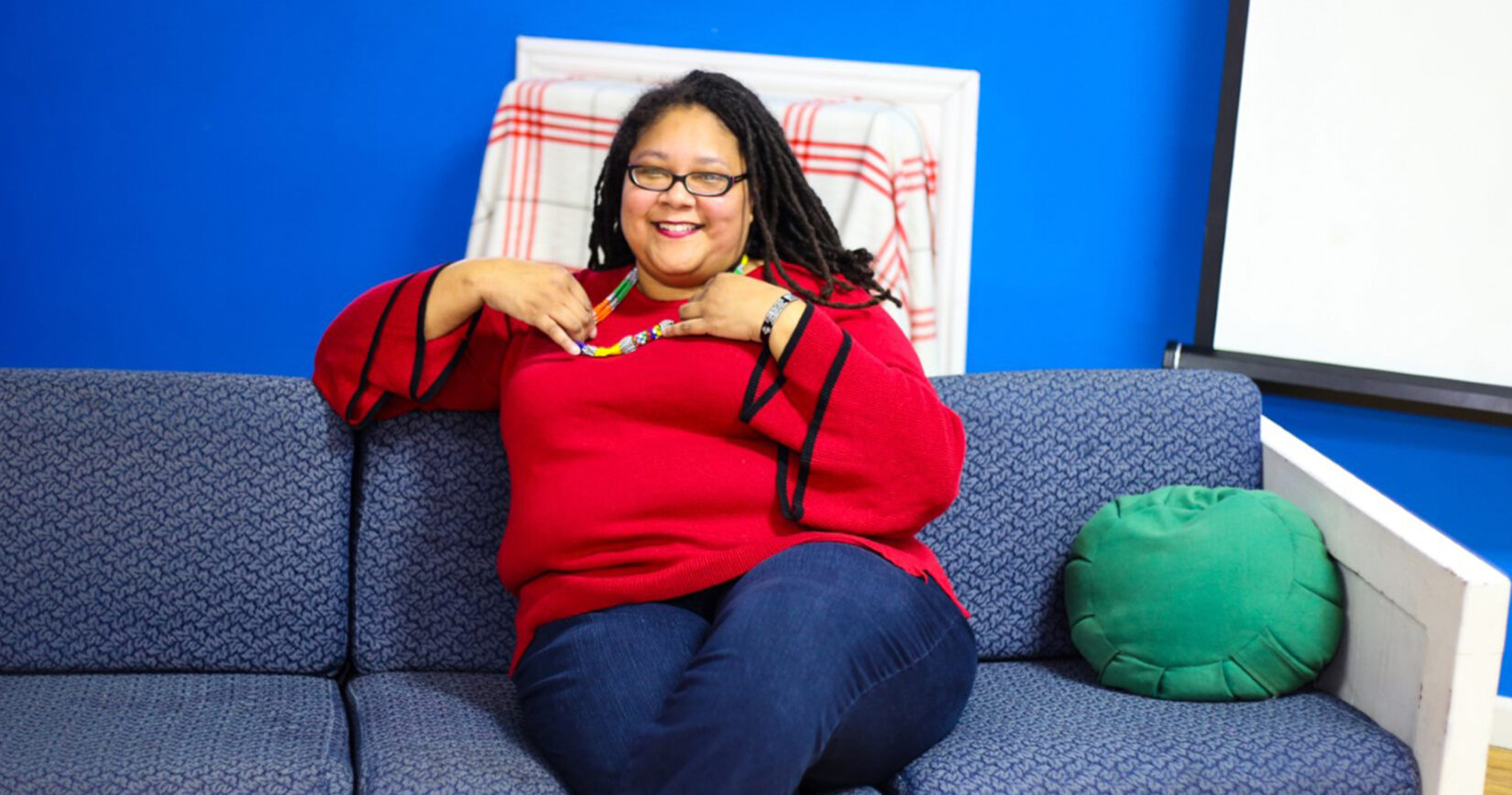
London J. Bell is Founder and President of the Bell Global Justice Institute. She is connecting the drive for equality from Michigan to the world while raising awareness about what it will take to fulfill the Sustainable Development Goals. Bell is also a member of UNA-USA, and is a UNA Women Co-Chair.
What does #EqualEverywhere mean to you?
To me #EqualEverywhere means gender equality in every area of life for every global citizen. #EqualEverywhere means equal pay, equal access to healthcare, education, and employment opportunities for all. #EqualEverywhere means equal access to participation in the political process on local, national, and international levels. #EqualEverywhere means the eradication of all forms of violence against women and girls.
Why do you advocate for equal rights for girls and women?
I advocate because I know the impact of the oppression of girls and women around the world. I am particularly concerned with violence against women and girls and the lack of access to justice for victims and survivors as well as the impunity of perpetrators. The absence of justice reinforces the belief that the dehumanization of women and girls is acceptable and normal. As an advocate, I use my voice to let law and policy makers know that the dehumanization of women and girls is 100% unacceptable. I am particularly vocal about laws, policies, and customs that strengthen protections for women and girls locally and globally.
What motivates me to do this work?
I am motivated to do this work because I know the lives of women and girls are at risk of violence around the world every hour of the day. I grew up in Detroit, Michigan, where women and girls are often impacted by violence in many forms. This past summer, I was deeply troubled when I learned that, within the span of one week, four African-American women were murdered in Detroit. In response to this violence, in August 2019, I organized and led a Universal Periodic Review Consultation Session (UPR) on gender-based violence with fellow members of the United Nations Association of Greater Detroit. Our Consultation Session was included in UNA-USA’s National UPR Consultation ahead of the country’s scheduled appearance before the UN as part of its Periodic Review in May 2020. When we held our UPR Session at Wayne State University Law School in Detroit, an inter-generational, intercultural group of about 25 community leaders offered personal stories, observations, and recommendations for the U.S. to address systemic issues that perpetuate all forms of violence against women here at home and globally. As an advocate, a member of UNA-USA, and as a UNA Women Co-Chair, I will continue to use my voice to empower women and girls and to demand accountability in every area of life where women and girls are adversely impacted.
What are the main challenges you experience in your work to demand gender equality?
One main challenge for me is sitting down with people in my community and even my family and having tough conversations around the systemic oppression of women and girls, the intersectionalities of women and girls, and the ways in which power and privilege work against gender equality. I have had many hard conversations with very well-meaning people who may not even realize how laws, policies, institutions, and systems continue to subjugate women and girls, even institutions and systems that many among us may benefit from. Though these conversations are challenging, most people are open to becoming part of the solution and resist adhering to their preexisting views and opinions. The more we dialogue about achieving gender equality as a community, the closer we move toward making it a reality. I am committed to continuing these conversations to bring us closer to gender equality, one person at a time.
What progress are you seeing as a result of your work?
As a human rights advocate, I spend time with young people discussing issues around human rights, gender inequality, and the UN’s Sustainable Development Goals. When I talk with young people, I am so encouraged to hear girls and young women speak about ways they assert themselves in different situations and offer ideas for empowering themselves and fellow young women and girls. In addition, I have had the privilege to conduct a workshop about gender inequality with high school boys at Cass Tech High School in Detroit. When I walked into the room and asked for a show of hands of how many of the boys supported gender equality and supported women’s and girls’ rights, every boy raised their hand with enthusiasm. These are important examples of progress for me. Fighting for equity, justice, and gender equality for all
What progress are you seeing in the wider gender equality movement?
I am seeing that the movement for gender equality is everywhere! I was very excited when I learned Secretary-General Guterres declared himself a feminist at the 62nd session of the Commission on the Status of Women in 2018 (CSW62). I am happy to see the UN work toward gender equality under his leadership. The movement toward electing more women to government positions in Rwanda and Ethiopia is also exciting. Here in the U.S., more women, particularly women of color, are running for office at every level of government and are in turn being sworn in at every level of government. When women are at the table when laws and policies are created, the needs of women and girls are more likely to be considered. This is progress to me.
 BACK TO STORIES
BACK TO STORIES